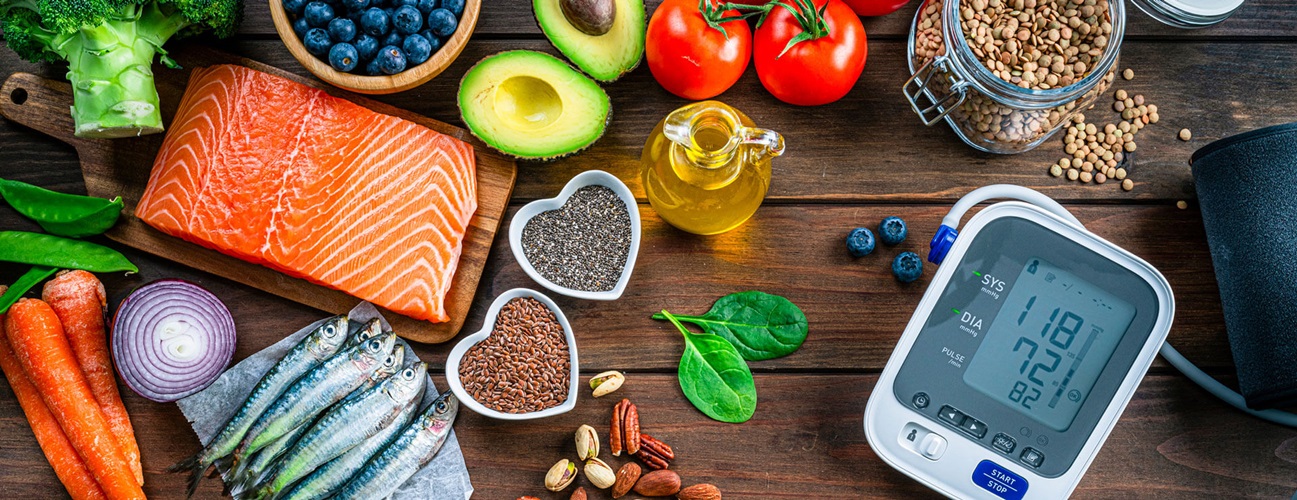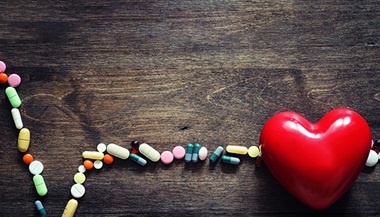How Salt Intake Affects Blood Pressure and Heart Health in Kids
Featured Experts:
Too much salt in your child’s diet can lead to a variety of chronic health problems, from high blood pressure and obesity to heart disease and stroke. Surprisingly, most people may not know that much of the salt we eat already exists in many of our foods. Daniel Mauriello, M.D., pediatric cardiologist at Johns Hopkins All Children’s Hospital, and Tammy Brady, M.D., Ph.D., pediatric nephrologist at Johns Hopkins Children’s Center, explain why health providers want to keep a close eye on your child’s diet and vitals, including their blood pressure.
According to the Centers for Disease Control and Prevention, 1 in 10 children have elevated blood pressure, putting them at risk for long-term heart disease and stroke. Sodium (also known as salt) is an important part of ensuring our bodies function normally, but too much salt can have negative effects, including raising blood pressure in some people. Therefore, reducing sodium intake can have a big impact on health in those with high blood pressure.
While high blood pressure (also called hypertension) is usually seen in adults, pediatricians are seeing the condition more often in children. When someone has high blood pressure, pressure in the blood vessels is increased, causing the heart and other organs to work harder. There are some things families can do at home to help prevent high blood pressure. This includes getting regular checkups, eating heart healthy foods, maintaining a healthy weight and watching your salt intake.
The American Heart Association recommends no more than 2,300 milligrams of salt per day for those 14 years old and older (1 teaspoon). It’s recommended children under 14 should consume even less sodium. Looking at the salt and sugar content given on a food’s nutrition label can make a big difference in combating high blood pressure and some of the other diseases mentioned. Families are encouraged to choose meals and snacks that are low in sodium and contain less added sugar, like fruits and vegetables. Also, offer water with meals instead of soda, juice or sports drinks.
Foods With Hidden Salt
Pediatricians especially recommend taking a closer look at the sneaky salts hidden in some of your favorite foods, including:
- Deli meats/sandwiches
- Pancake mixes/baking mixes
- Coffee drinks/energy drinks
- Chips/crackers/cookies
- Pizza
- Soups
- Frozen foods
As you can see, the more unprocessed food you can eat, the better it can be for your health, so it’s important to choose foods like fresh fruits, vegetables, minimally processed meats and grains. Families can take small steps to reduce sodium intake, like selecting foods without a can or a package. Don’t forget to read the food label to find out how much salt and sugar are in what you eat.








